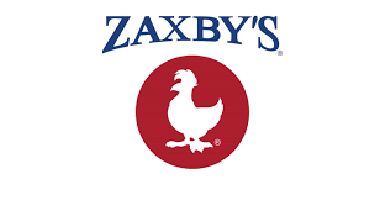It has been almost two decades since the new millennium began. Much has changed.
20 years ago, copper caskets were still being sold…today, we feel lucky when we sell a casket at all.
20 years ago, only 1 out of 3 or, even, 4 chose cremation…today, it is more than 1 out of 2.
20 years ago, funeral homes were selling at 8 times EBITDA or more…today, it is 5.5.
STOP! Isn’t this typical?! Too many of us tend to think negatively.
20 years ago, we were heading into a 15-year decline in available calls. Today, we are looking at a year over year increase for the next 50 years.
20 years ago, the overwhelming preference in cremation was direct. Today, that trend is shifting as funeral directors assume more assertive roles and increase the average sale while creating more satisfied families.
20 years ago, most funeral directors operated out of their “hip pocket”. Many still do. Today, a growing number of intentional practitioners are finding they can be as profitable or more so by managing for results.
I generally find two types of funeral directors:
- Those who passively let life happen to them…victims!
- Those who actively impact the life they are living…Intentionals!
The former tend to think negatively and assume a victim mentality. I find that “victim – thinkers” typically have made peace with their circumstances. They have learned to live in their world. Hope is not part of their perspective. As such, they have become comfortable with the status quo. Not only do they not believe things could go better they will actively work against efforts to prove them wrong. They will associate with people who think like them. And if I spend too much time with them, I begin to think like them. It’s contagious.
Intentional people, however, aren’t always the most creative or the most aggressive. They are simply people who look for the best and don’t make the assumption that all change is bad.
When I was preparing to take the CPA exam my instructors hammered into me a simple principle: “The answer is always in the question.” In a general sense, I find this to be true in life.
How would your perspective change if you focused on finding the answer in the question? What might you find? How might it help?
This leads me to a corollary observation: “If you want to change your circumstances you have to look beyond your circumstances.”
When you study a problem looking for answers (or at least hypotheses) they tend to appear. As you work toward some of those answers, they begin to bear fruit. As they bear fruit more answers appear and, after a while, you reach a new level of understanding and achievement. A more fruitful and rewarding level.
For example: A large part, perhaps even a majority, of practitioners equate cremation with direct cremation. Yet a small number of practitioners are more than proving them wrong. All these contrarians have two things in common which suggest a way out of our “stinking thinking.”
By taking a more assertive role in the arrangements conference and abandoning the “order-taker” persona, they become teachers and guides. As a result, they are finding that people actually want more service and are willing to pay for it. More important, they are experiencing increased volume which they credit to the positive experience their families have when they choose to actually honor their loved one.
So, while many in funeral service believe our best days are behind us, I stand with those who believe our best days are ahead. I call them Intentional Funeral Directors.
Besides, I don’t see any constructive purpose in hopelessness and blaming others.




